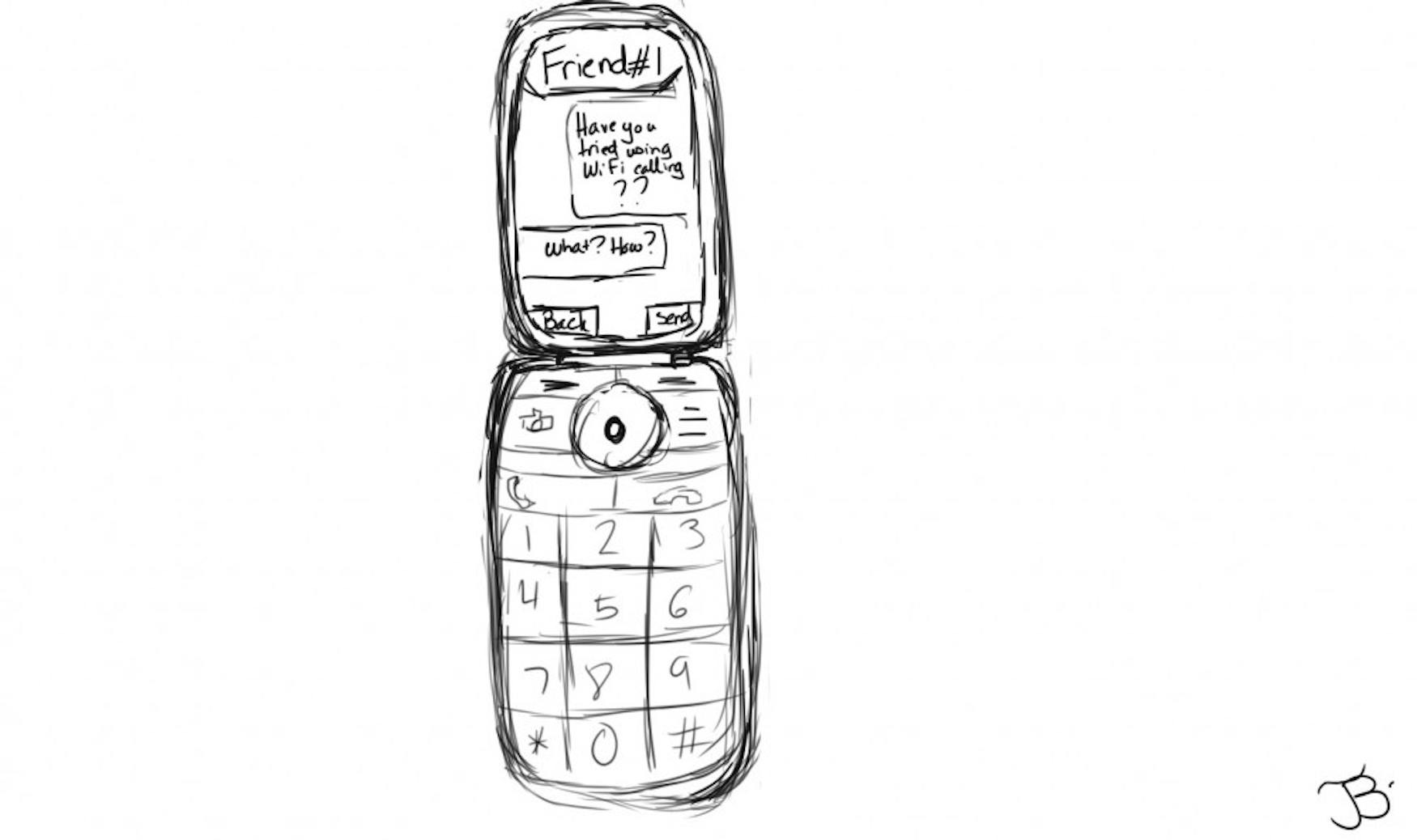EDITORIAL: Condemn University response to cell service on campus
This year, some residents in the Foster Mods have reported experiencing difficulties with cellular coverage, such as an inability to make calls or send texts. Good cell reception is important for students’ ability to not only communicate with each other but also contact friends, family and employers. As such, this board urges the University to explore possible solutions to this problem.
On Sept. 22, Area Coordinator Amanda Drapcho contacted Foster Mods residents in response to complaints regarding poor cell phone coverage and slow Wi-Fi. To collect more information about these complaints, the Department of Community Living asked residents to fill out online forms that would be sent to Library and Technology Services.
In the email, Drapcho recognized that many residents were experiencing dropped calls and spotty reception and wrote that the forms were the first step in clearly identifying the problem. She added that the DCL would use survey results to take “any possible steps … to improve [your] residential living experience.”
Six days later, Drapcho followed up with an email suggesting residents enable Wi-Fi calling as a way to remedy the lack of cell coverage. This second email included a link to a CNet article titled “Everything you need to know about Wi-Fi calling.”
Last semester, University Chief Information Officer Jim La Creta also suggested this remedy in a March 28 email to the Justice, stating this solution is generally accessible on campus.
However, this suggestion is only a band-aid fix. While Wi-Fi calling may help some residents with newer, high-end phones that include the Wi-Fi calling feature, it is not a suitable long-term solution for everyone. Not every resident has a cell phone model capable of Wi-Fi calling.
Beyond that, Wi-Fi in the Foster Mods is unreliable, and students often have problems connecting to the internet. DCL already knows this, as shown by Drapcho’s initial email. Consequently, even students with phones capable of Wi-Fi calling may not be able to properly send and receive calls as a result of a faulty internet connection.
Since Wi-Fi calling is not generally accessible to the student population, this board urges DCL to look into installing cell repeaters, which would be a long-term solution to many of the problems Foster Mods residents are experiencing.
In the same March 28 email to the Justice, La Creta wrote that some departments have cell repeaters, but that is not a practice all departments employ. Instead, it is done on a department-by-department basis with no connection to LTS.
This board implores DCL to work with LTS to explore the possibility of installing cell repeaters in the Foster Mods to improve cell phone coverage. This could provide all residents with proper cell service, rather than just implementing a band-aid solution that only helps those with phones capable of the Wi-Fi calling feature. Cell repeaters, such as those sold by the RepeaterStore, range in cost from $1,000 to $5,000 depending on how much area they can cover. For example, there is a cell repeater that can cover up to 50,000 square feet that sells for $3,510. In the long run, this board believes this to be a worthy investment, as well as the best solution for the lack of cellular coverage in the Foster Mods.
DCL did not respond to request for comment as of press time.



Please note All comments are eligible for publication in The Justice.